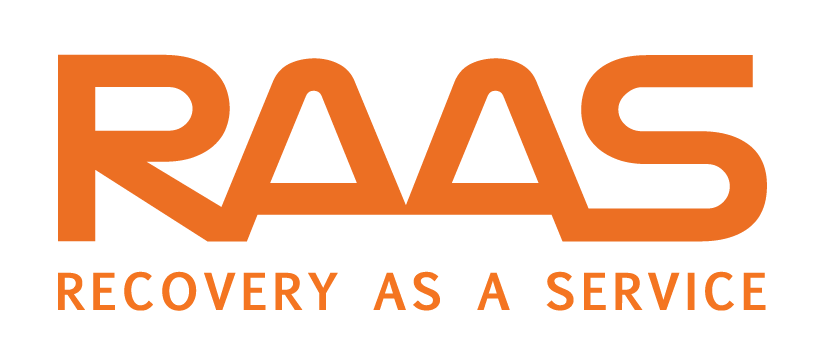More and more it is necessary to protect the private data of the companies, because a leak of information can compromise the whole activity of a company. Due to the new data protection law, companies are more aware of the need to ensure that data is not lost. We have prepared a glossary of data protection with 7 terms you need to know!
Threats
Set of security issues that includes: malware, grayware / adware, spyware, spam, phishing and bots / botnets.
Cookies
Cookies are small files that are stored on the user’s computer when visiting some websites. They are meant to store specific data from a client or website, to store useful information for future visits. Please note that with the new data protection law, the cookies policy has changed as well, and it is necessary to warn the user that the site stores cookies.
Personal data
According to the law, personal data means any information relating to an individual identified or identifiable through them (identifiable ‘by reference to an identification number or to one or more specific elements of his physical, physiological, psychological, economic, cultural or social’).
Dark web
The dark web is a portion of the World Wide Web world known for being used by black market visitors. It is a set of encrypted networks that are hidden from the Internet “normal” and visible. Dark web sites are not found through search engines or via the link in a normal browser. The dark web is very appealing to criminals, since the domain and origins of information are disguised. This dark side of the Internet contains 7500 terabytes of data, a frighteningly higher value than the 19 terabytes that the visible Internet saves. This is a conducive environment for data theft and for cyber crimes.
Encryption vs Data Masking
Data encryption transforms information by using an algorithm so that there is no easy and perceivable access by third parties, but only by those who have the correct encryption key, which shows its true meaning. Data masking creates a version similar to the original data in terms of structure but without revealing its true information. Its original format remains unchanged but the data presented is fictitious. Masked data can be used in test and auditing environments without compromising the result of the analysis, but always ensuring the confidentiality of sensitive information.
Internet of Things
The Internet of Things is a reality in which several objects used in everyday life are connected to the Internet. Nowadays, more and more objects are connected to the Web, and we do not take it for granted. At the beginning of this digital age, it was only possible to connect smartphones and tablets, and yet in recent years we have witnessed a revolution in this area and it is now possible to connect game consoles, televisions and surveillance cameras to the network. In a very simplified way, Internet of Things aims to connect any device to the Internet.
Vulnerability
Failure that happens in computer programs that leaves the system more susceptible to undergo an external attack. Vulnerabilities should be fixed as soon as they are detected.

